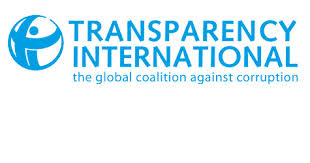The Implementation of Industrial Parks : Some Lessons Learned in India
Industrial parks are as popular as they
are controversial, in India and globally. At their best they
align infrastructure provision and agglomeration economies
to jolt industrial growth. More often, they generate
negative spill-overs, provide handouts, sit empty, or simply
do not get built. This paper disaggregates how parks are
built and how they fail. It contextualizes parks in India,
followed by a thick case study of an innovative scheme that





